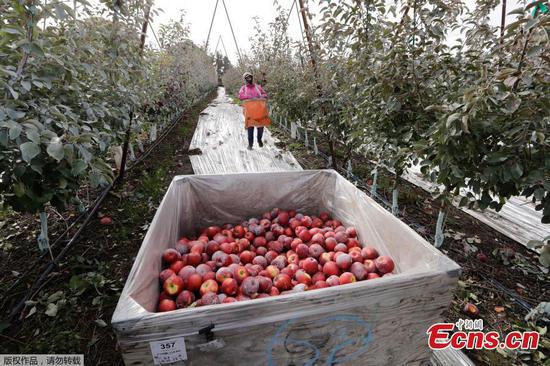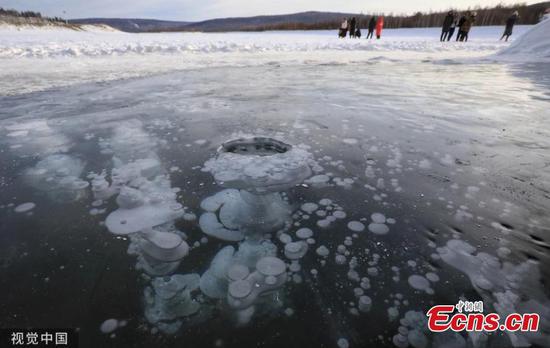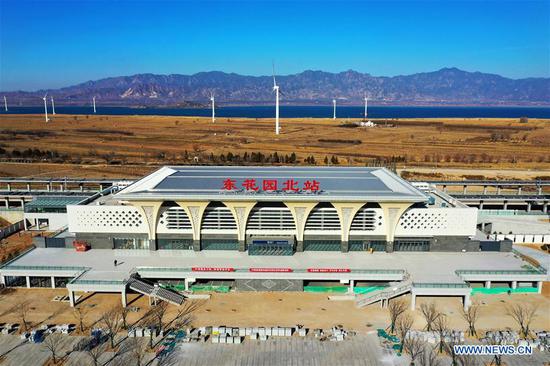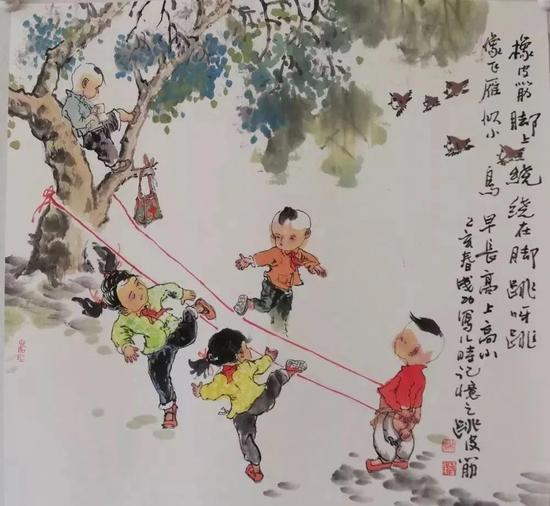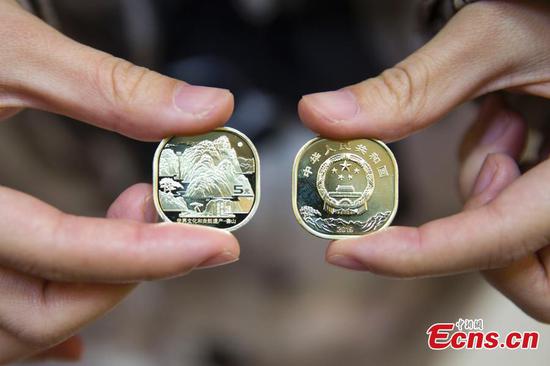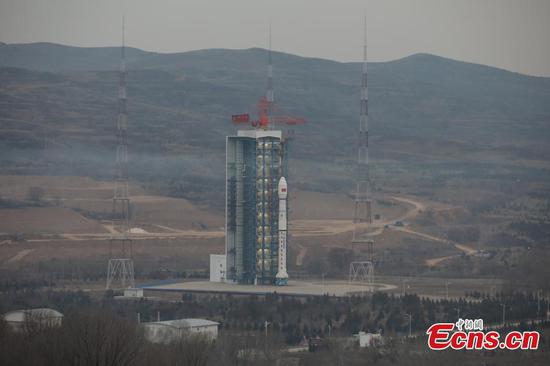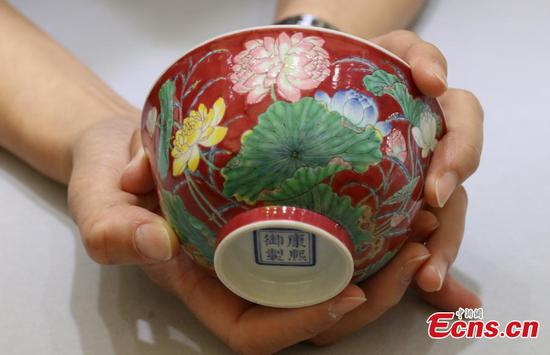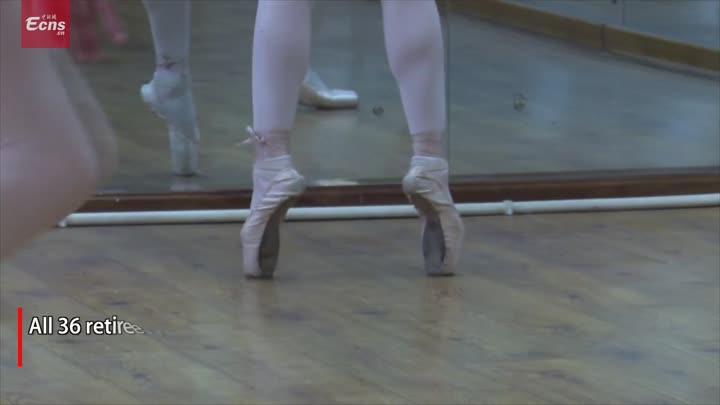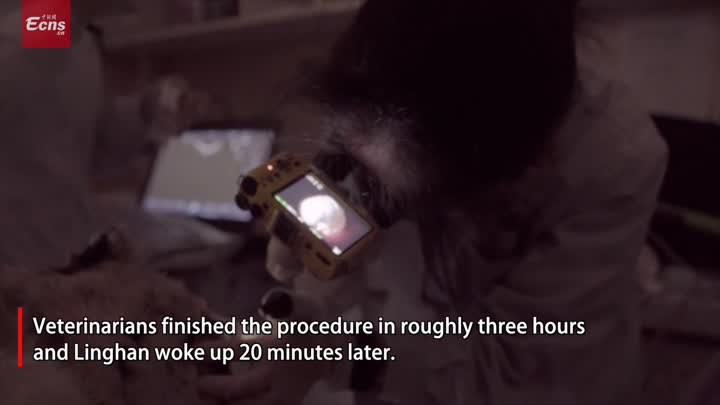PBOC will refrain from zero interest rate or quantitative easing, says governor
China will not resort to competitive measures like zero interest rate or quantitative easing, but would instead maintain its conventional monetary policies over the long term and ensure currency stability, a top monetary official said.
Yi Gang, governor of the People's Bank of China, the central bank, said in an article in Qiu Shi, the Communist Party's flagship magazine, that the nation's prudent monetary policy, which is neither too tight nor too loose, "will help maintain the monetary conditions matching the requirements of potential output and price stability, along with countercyclical adjustments, to maintain reasonable and ample liquidity."
Policy observers speculated that Yi's article, which was published on Sunday, might indicate the basic policy tone for the Central Economic Work Conference, a top-level policymaking meeting to be held later this month. That meeting will discuss the major macroeconomic targets for next year.
In terms of the foreign exchange rate policy, the renminbi exchange rate is determined by the market-oriented demand and supply relationship, and China will neither use the exchange rate as a tool nor join the competition of currency depreciation, said the PBOC governor.
China will continually push forward the market-oriented reform of renminbi exchange rate regime, and keep the flexibility of the currency. Necessary macro-prudential management will be launched when some pro-cyclical signals emerge, to keep the renminbi exchange rate basically stable at a reasonable equilibrium, Yi said.
Monetary policy needs to consider economic growth, but does not have to stimulate the growth too aggressively. Gauging from past experiences worldwide, monetary policy has been used as a means to pursue economic growth, but has been difficult to achieve the targets. On the contrary, it may lead to higher inflation or stagflation, Yi said in his article.
"No matter how many measures we take, even tens of thousands of those, they will never work if we fail to tame the money issuance," said Yi, who stressed that the monetary policy is the key to stabilize prices.
The large recession that followed the Global Financial Crisis of 2008-09 triggered unprecedented monetary policy easing around the world. Central banks in some major advanced economies started deploying a new set of instruments to provide liquidity by using subzero interest rates and large scale asset purchase programs of domestic assets-including government bonds, mortgage backed securities, and private sector debt. That became commonly known as unconventional monetary policy.
Robert Subbaraman, Nomura Securities' Head of Global Macro Research, said that unlike global peers, the Chinese central bank has maintained a relatively neutral policy stance and has no strong reason to take unconventional monetary steps, given the still stable GDP growth rate.
Another reason preventing a further easing of the monetary policy is the need to prevent systemic financial risks. But fiscal policies can play a major role in supporting economic growth in China, he said. "When unconventional monetary policies are becoming conventional, it will be difficult to come back," which in turn may lead to corporate debt surges or stimulate property bubbles.
The latest macroeconomic indicators in China, including the official purchasing managers index (PMI) issued by the National Bureau of Statistics and the Caixin PMI, signaled a rebound in manufacturing activity during November. Economists said economic growth is stabilizing and business confidence is improving in light of supportive government policies.
Raymond Yeung, chief economist for China at ANZ Bank, said: "There is little room for the PBOC to lower interest rates next year, in order to control the debt growth. Monetary policy is not a priority to spur long-term economic growth, and we need to use credit very carefully."
China is seeking to strike a balance between supporting a slowing economy that has been affected by the trade friction with the United States and controlling financial risks.
"In the next stage, we should continue to make good use of structural monetary policy tools, create and improve policy tools as needed, dredge the transmission of monetary policy to support economic restructuring and optimization," said PBOC's Yi.
Some experts said the short-term rebound of productive activities may not indicate a bottoming out of the economy, as strong growth headwinds remain. So further supportive policies are required, especially from the fiscal side, to maintain a GDP growth rate of above 6 percent.














